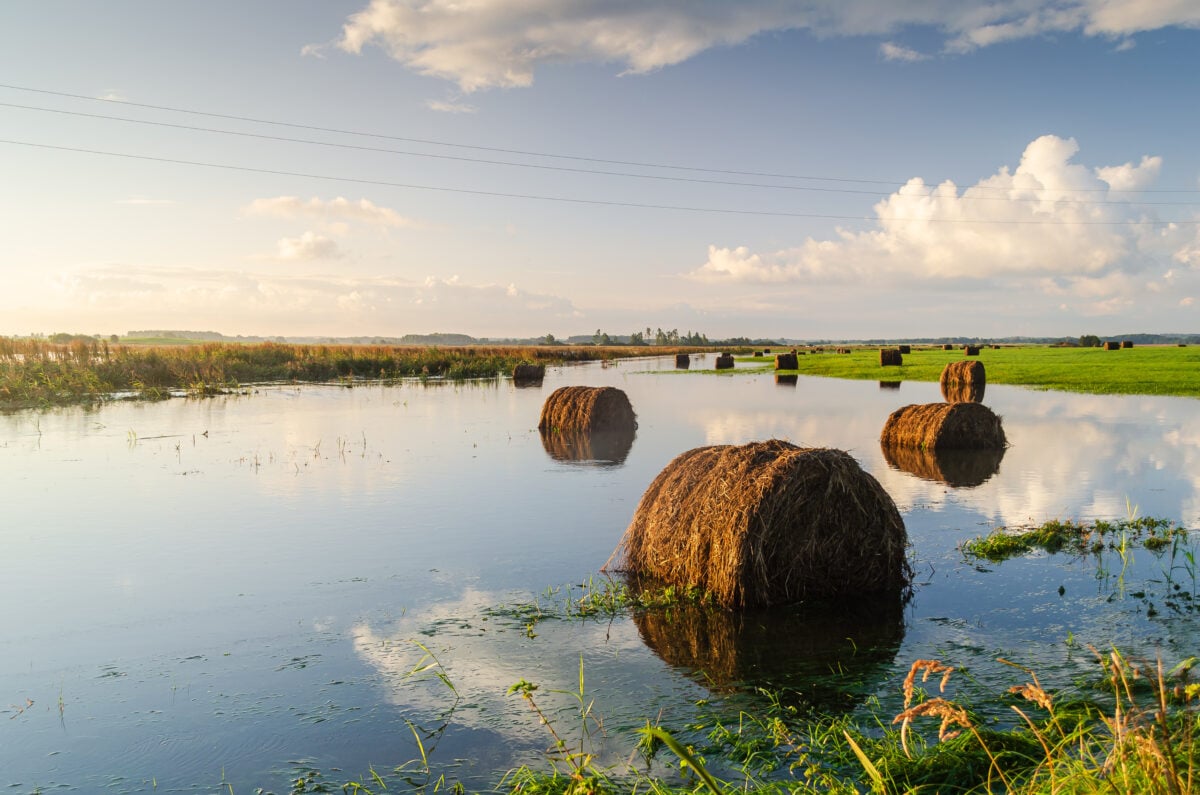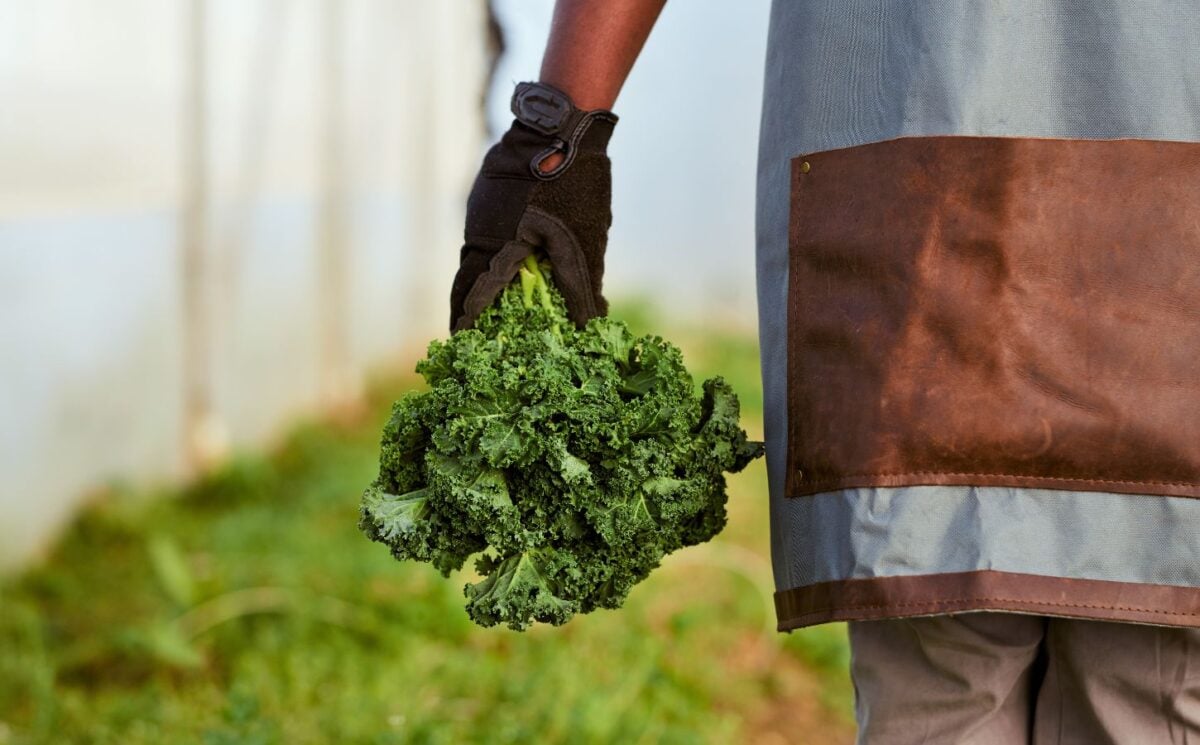More than a third of British farmers made no profits last year, according to a new report.
It found that 35 percent of farmers reported either a loss or just breaking even over the past year, even though 36 percent of those surveyed work more than 70 hours per week. Just 14 percent of farmers reported a profit of 10 percent or more, and 61 percent said their work negatively impacts their mental health.
Read more: Vegans Raise £6,000 For Farming Mental Health Charity
The inaugural McCain Foods’ Farmdex report, published at the start of November by the popular frozen potato brand, called on the government and industry leaders to support farmers and safeguard national food security.
Sixty-eight of the farmers surveyed for the report see technology investment in the sector as critical, while just four percent believe current government support is adequate. Ninety-five percent predict that family-run British farms will continue to decline if the sector remains on its current trajectory.
The report comes as farmers and agricultural workers in the UK struggle with unpredictable weather caused by the climate crisis, upcoming changes to inheritance tax on farms, and the significant post-Brexit loss of EU subsidies.
‘Cross-sector collaboration’ required for UK farming’s future success
Seventy-four percent of farmers were pessimistic about the future of UK agriculture “amid economic uncertainty, shifting policies, and climate change,” while 51 percent have considered leaving the industry in the past year due to financial strain.
In its call for “cross-sector collaboration,” the report highlighted regenerative agriculture, long-term food security, and fair trade as key ways to bolster food security and ensure that even small family-run farms can stay profitable in the coming years.
The report also noted that 71 percent of UK farmers have already adopted sustainable practices, such as crop rotation, reduced tillage, and precision farming, while additional funding could help increase uptake of agritourism and renewable energy as sustainable side streams with significant potential.
Read more: Animal Farming Is ‘World’s Biggest Cause Of Food Waste,’ Says Report
‘For the benefit of people and the planet’

As “relentless” pressure for unrealistically low prices from supermarkets, mega-farms, and corporate agriculture continues to grow in the UK, switching the food system’s reliance on meat and dairy to crops, plant-based ingredients, and nature represents a more sustainable and durable alternative, provided that more financial and logistical support for farmers is made available by the government.
Europe is investing more than USD $2.5 million into plant foods through its new ISAAP project to “transform” its food system “for the benefit of people and the planet.” Meanwhile, The CRAFT Consortium aims to support farmer-led integration of cultivated meat production into farms, reducing emissions and promoting resilience.
“CRAFT involves farmers to create new ways of making food,” said Ralf Becks, the founder of RespectFarms, a key consortium member. “We use what works in agriculture and combine that with new technology. This will accelerate the path to market and to impact.”
Read more: The ‘World’s First’ Cultivated Meat Farm Is Coming To The Netherlands






